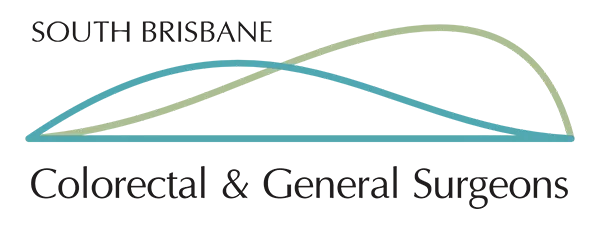
Itchy anus (Pruritis Ani)
Pruritis ani, also known as itchy anus that can significantly impact your quality of life. It refers to intense itching around the anus, leaving you with a constant urge to scratch. While it’s not a serious condition in itself, the relentless itch can be frustrating and disrupt your daily activities.
Causes of the Itch
The exact cause of pruritis ani can sometimes be elusive. However, several factors can contribute to the itch, including:
- Skin irritation: This can be caused by harsh soaps, toilet paper, wipes, friction from clothing, or even diarrhea.
- Underlying skin conditions: Eczema, psoriasis, and fungal infections can all cause itchy skin, including around the anus.
- Hemorrhoids: Inflamed hemorrhoids can irritate the anal area and lead to itching.
- Pinworms: These tiny intestinal parasites are more common in children and can cause anal itching at night.
Symptoms of Pruritis Ani
The primary symptom of pruritis ani is intense itching around the anus. This itching can be:
- Constant or intermittent: The itch may be present all the time or come and go throughout the day, often worse at night.
- Mild or severe: The intensity of the itch can vary from person to person.
- Worse with scratching: Scratching the itchy area might provide temporary relief but can worsen the itching in the long run and damage the skin.
Management
- Maintain good hygiene: Gently clean the anal area with warm water and pat it dry after bowel movements. Avoid harsh soaps, wipes, and excessive scrubbing.
- Wear loose-fitting cotton underwear: Tight clothing can irritate the anal area and trap moisture, worsening itching.
- Sitz baths: Soaking in warm sitz baths for 10-15 minutes several times a day can help soothe the itch and promote healing.
Medication
- Barrier protection: Calmoseptine may be applied after cleansing
- Hydrocortisone cream: your GP may trial this for inflammatory type disease (e.g. dermatitis, scleroderma) to break the cycle of itch. This is not a cure
- Antibiotics and anti-fungal: Your GP may prescribe this if infection is present
- Topical capsaicin: effective but persistent usage may be needed
Referral to a colorectal surgeon for consideration of examination under anaesthetic +/- colonoscopy to assess for premalignant, malignant diseases and presence of other anorectal diseases (e.g. anal fissure, haemorrhoids, fistula in ano, and rectal prolapse etc).

